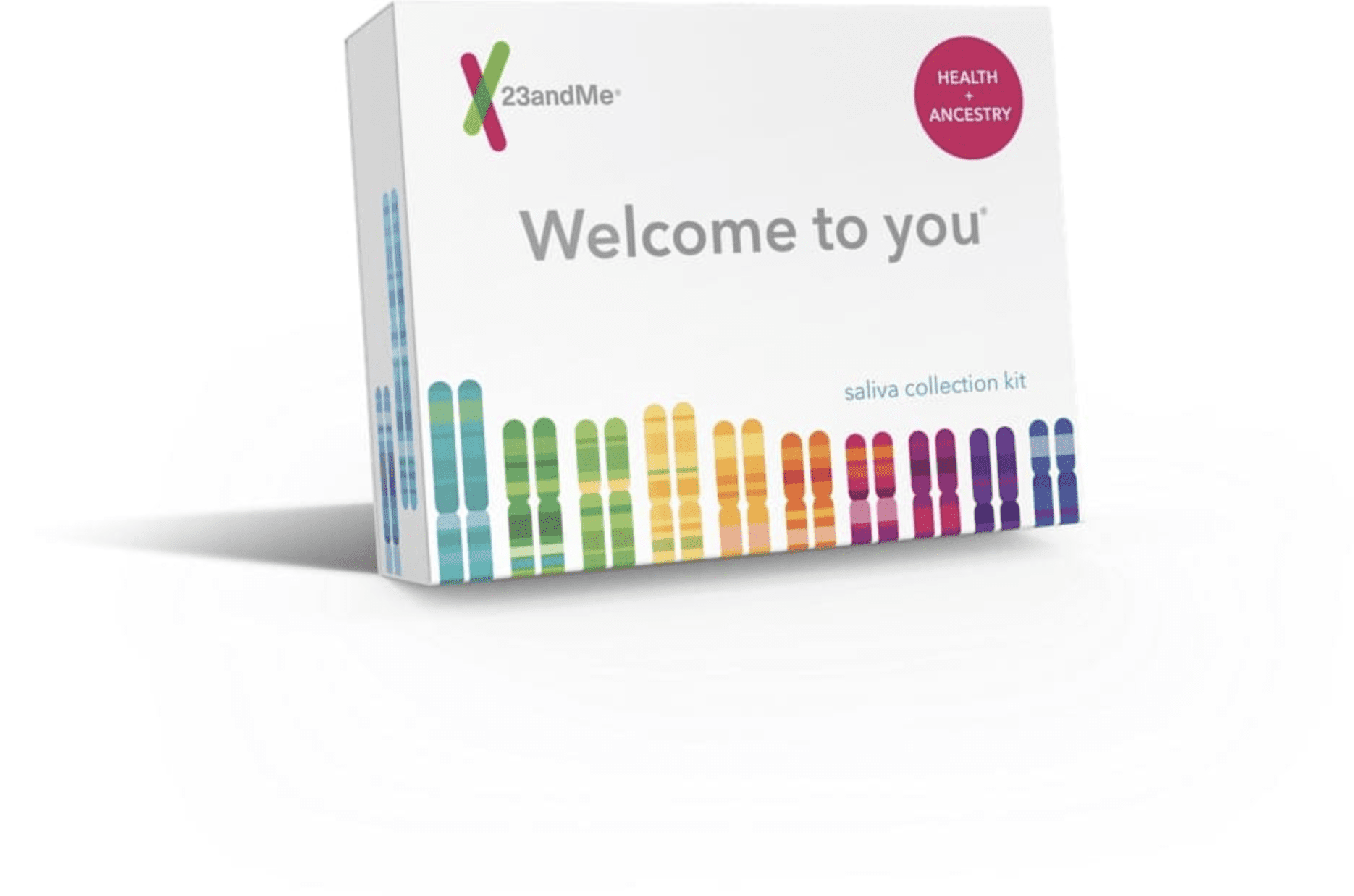Let's talk aboutHereditary Fructose Intolerance
What is hereditary fructose intolerance?
Hereditary fructose intolerance is a rare genetic disorder. It is characterized by low blood sugar levels, stomach pain, and vomiting after eating fructose (a type of sugar). A person must have two variants in the ALDOB gene in order to have this condition. People with just one variant in the ALDOB gene are called carriers. They’re not expected to have hereditary fructose intolerance themselves, but they could pass their variant on to their future children.
The genetics behind hereditary fructose intolerance
Hereditary fructose intolerance is caused by variants (differences) in the ALDOB gene. The ALDOB gene contains instructions for making an enzyme called aldolase B. This enzyme is found mainly in the liver, where it helps to break down the sugar fructose. Certain variants in ALDOB disrupt this function, resulting in a harmful buildup of fructose byproducts in liver cells.

What are the symptoms of hereditary fructose intolerance?
Symptoms of hereditary fructose intolerance include nausea and vomiting, low blood sugar, and stomach pain after consuming fructose. This can lead to failure to gain weight, liver damage, and kidney damage. Symptoms typically develop during infancy.
Did you know?
Hereditary fructose intolerance occurs in people of all ethnicities.
Explore More
The 23andMe Hereditary Fructose Intolerance Carrier Status report* can tell you whether you may be a carrier for hereditary fructose intolerance. Being a carrier means you have a genetic variant that you could pass down to your future children. 23andMe tests for four variants in the ALDOB gene linked to hereditary fructose intolerance, and the report is most relevant for people of European descent. 23andMe does not test for all possible genetic variants linked to hereditary fructose intolerance, and individuals who have zero variants detected still have a chance of being a carrier for hereditary fructose intolerance.
The Hereditary Fructose Intolerance Carrier Status report is included in the 23andMe Health + Ancestry Service.

Health + Ancestry Service
*The 23andMe PGS test uses qualitative genotyping to detect select clinically relevant variants in the genomic DNA of adults for the purpose of reporting carrier status and reporting and interpreting genetic health risks. The relevance of each report may vary based on ethnicity. Our carrier status reports can be used to determine carrier status, but cannot determine if you have two copies of any genetic variant. These carrier reports are not intended to tell you anything about your risk for developing a disease in the future or anything about the health of your fetus, or your newborn child’s risk of developing a particular disease later in life. For certain conditions, we provide a single report that includes information on both carrier status and genetic health risk. The Hereditary Fructose Intolerance Carrier Status report is indicated for the detection of four (4) variants in the ALDOB gene and is most relevant for people of European descent. For important information and limitations regarding each carrier status report, visit 23andme.com/test-info.
References